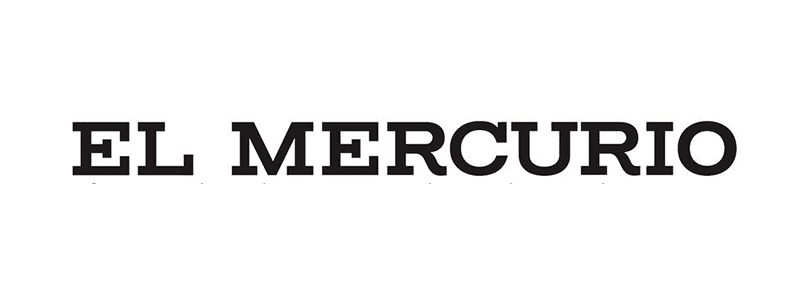For the law firm, each company should have an adequate program in place to cover the main risks arising from its activities.
With more than 30 years of experience, albagli zaliasnik (az), a full-service law firm with global coverage of legal, regulatory, compliance and litigation services and a qualified professional team that uniquely combines business with complex litigation, points out that the changes introduced by the new Economic Crimes Law, in relation to the catalog of these types of crimes and the penalties associated with them, will bring new and important challenges for company directors and senior management.
In this regard. Rodrigo Albagli, Managing Partner of az, explains that leadership in business activity will have special importance, given that it will be their decisions that may generate greater risk and impact for organizations. “The principles of transparency, accountability and fairness will be directly related to the prevention of economic crimes. Those companies with strong corporate governance will be better able to face the changes and implications of the new law, since they will have effective internal systems for detecting irregularities and preventing the commission of illicit acts within them.
commission of illicit acts within the company“.
The new law significantly increases the crimes for which legal entities can be charged. Consequently, says Albagli, risks in tax, labor, environmental and unfair competition matters, among others, which before the law could result in an administrative sanction, will now entail criminal sanctions both for the company as a legal entity and for its members in the performance of their respective positions, such as directors, chief executives and all those who participate in the development of the activities of each company’s line of business.
“All of them will be exposed to high penalties, possibly resulting in imprisonment in case of conviction, so knowing the ways to prevent and actively prepare to avoid this risk is essential“.
ETHICS AND TRANSPARENCY
Today, both public and private organizations are exposed to increasingly demanding regulatory frameworks, as well as to a social environment that is increasingly sensitive to business ethics. These factors, together with increasing levels of transparency, require companies and their managers to pay special attention to their corporate policies.
In this scenario, the az Compliance team has become a transversal area of the firm, advising local, regional and global clients in their risk assessment processes and the design of the respective matrices, as well as in the implementation of policies and protocols that allow them to have effective compliance and corporate governance programs.
Francisca Franzani, director of az.’s Compliance Group, points out that although the new Economic Crimes Law is very positive in its purpose, such a radical change – in terms of the inclusion of more than 250 crimes in the catalog of the law on criminal liability of legal persons and a system of application of penalties parallel to that of the Criminal Code for these crimes – requires a gradual evolution and prior preparation in terms of implementation. “The truth is that the law does not take care of the provision of prosecutors, police and improvements in the investigation stage, so from that point of view it is possible to conclude that we are not prepared“.
He also argues that generating a corporate ethical culture, which is what the law really seeks, requires a level of commitment and awareness that “in Chile has not yet been achieved in all sectors. In that sense, it will be more difficult for the cultural change to be generated immediately, as the new law intends to do“.
az believes that a general compliance program will not be sufficient to address this law, as each company must have a tailored model capable of effectively addressing its main risk areas arising from the economic activity or activities in which the company is engaged.
“This model must be reviewed and updated on an ongoing basis, so that it is efficient, alive and operational for all areas and people within the company. At the same time, it will be necessary to have one or more people in charge, depending on the size of the company, who have particular knowledge and are able to report independently to the board or senior management“, says Franzani.
In this context, adequate resources must also be made available so that these responsible parties can carry out their functions correctly. “The training and dissemination of the model must be aligned to each industry and segment of workers, addressing the main risks of the company and not a general catalog of ‘typical risks’. This dissemination should also reach related third parties, such as clients, suppliers and other stakeholders“, az’s lawyers indicate.



